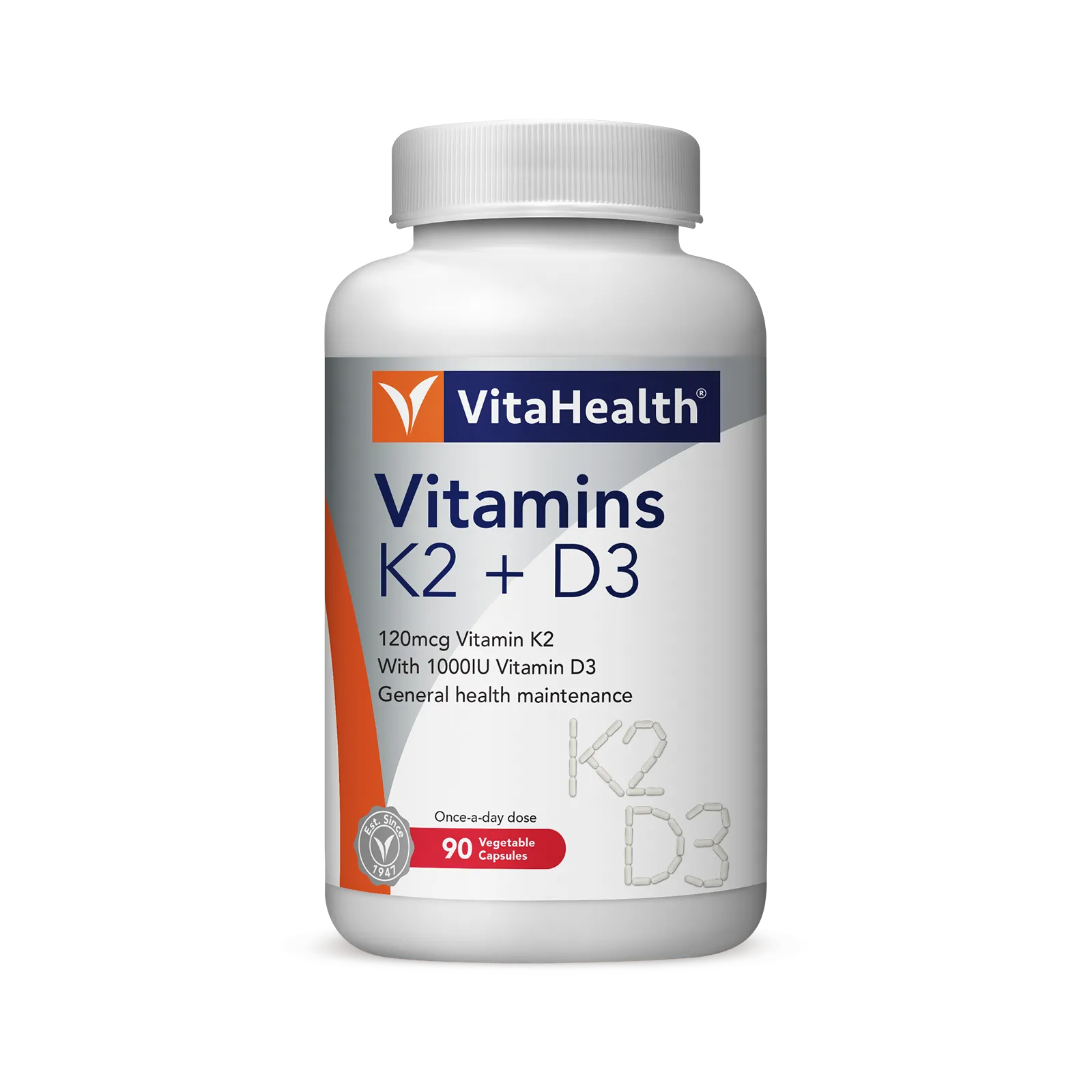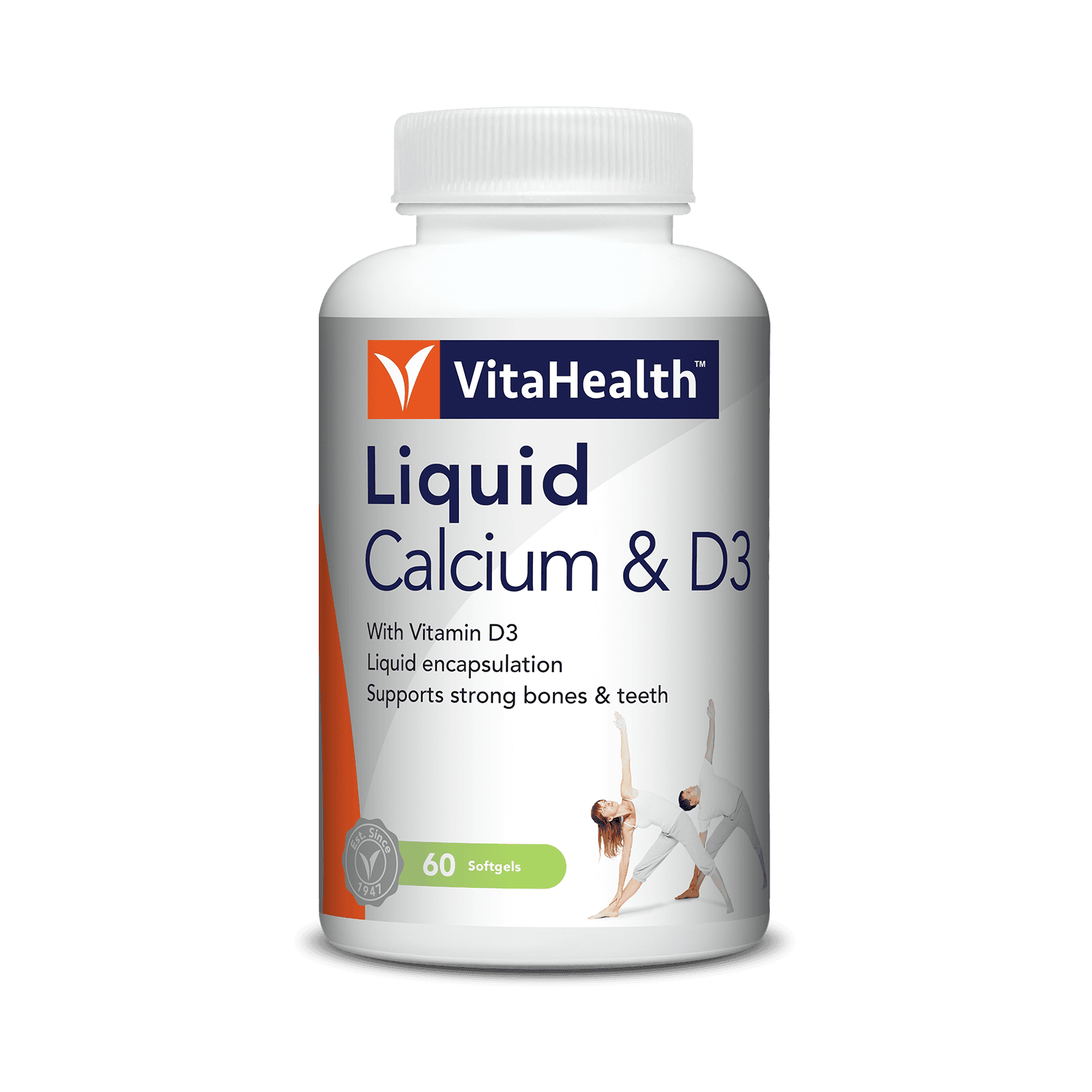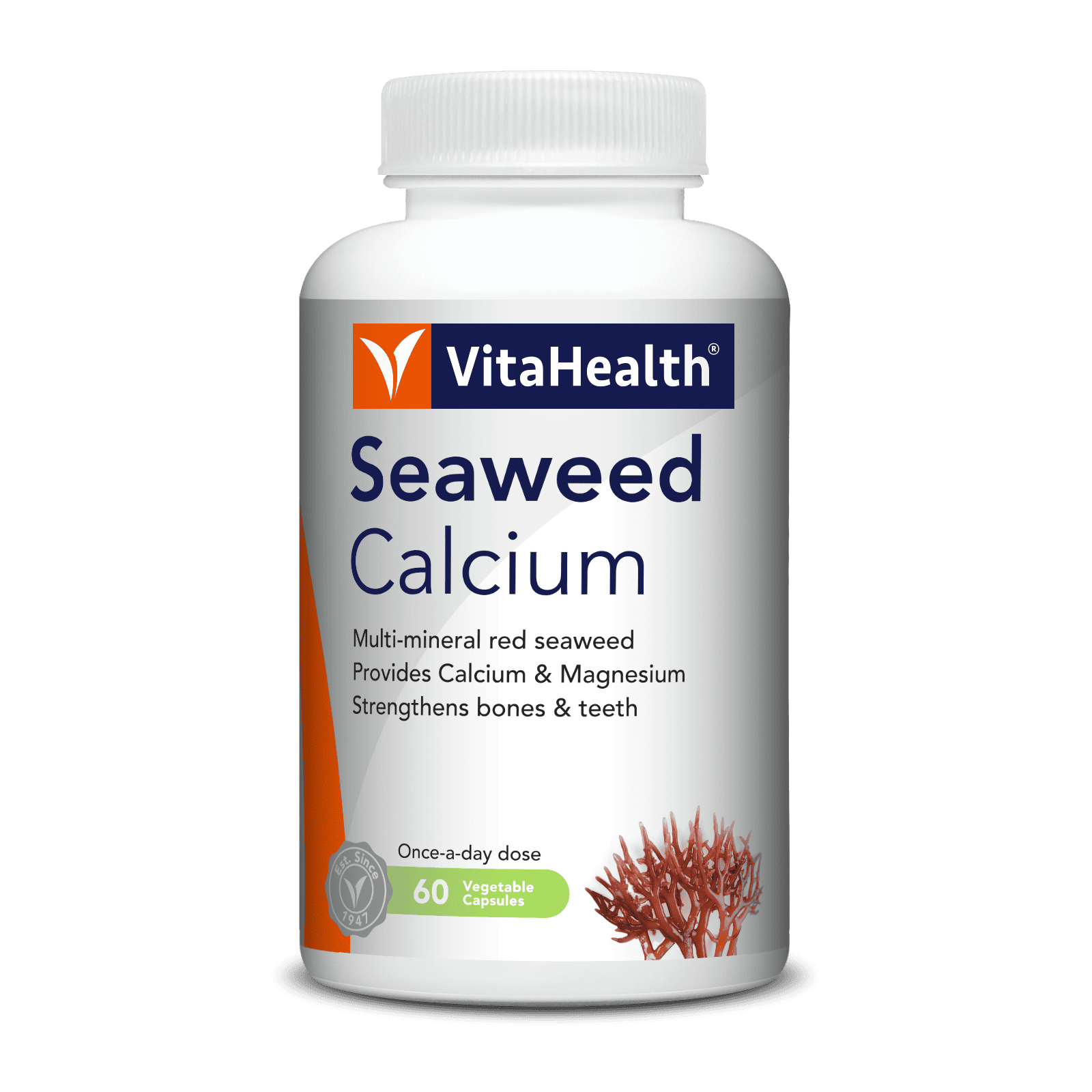When most people think about strong bones, calcium and vitamin D are the first nutrients that come to mind. Both are indeed essential — calcium provides strength and structure, while vitamin D improves calcium absorption.
But here’s the truth: bone health is not just about calcium and vitamin D. Without another key nutrient, vitamin K2, calcium may not reach the bones where it’s needed most. Instead, excess calcium can build up in arteries, leading to hardened blood vessels and increased heart risks.
That’s why vitamin K2 is the missing link for bone and heart health.
Why Calcium and Vitamin D Alone Are Not Enough
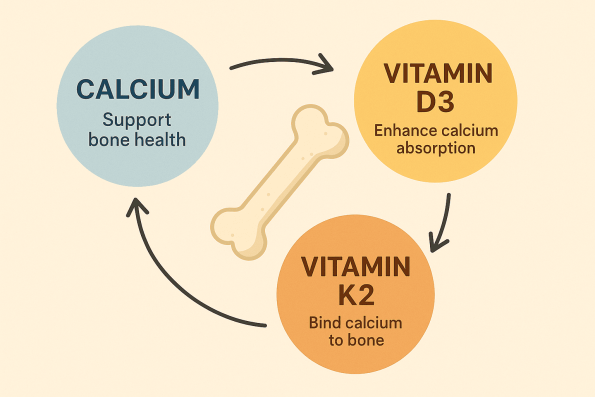
Calcium builds strong bones.
Vitamin D helps the body absorb calcium from food and supplements.
However, without vitamin K2, calcium may be “misdirected.” Instead of strengthening bones, it can accumulate in soft tissues and arteries, contributing to stiffness and cardiovascular strain.
This is where vitamin K2 for bone and heart health plays a vital role.
The Role of Vitamin K2 in Bone Health
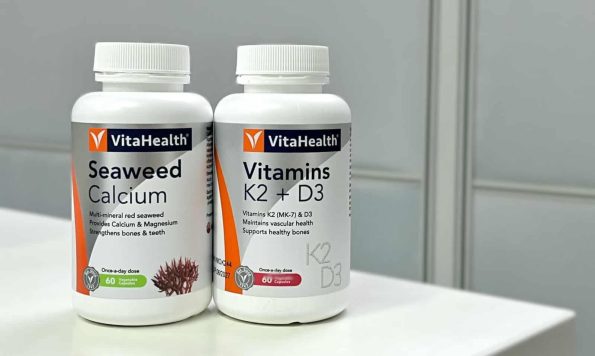
Vitamin K2 works as the body’s “calcium traffic controller.” It activates specific proteins that guide calcium into the right places — bones and teeth — while keeping it out of arteries and organs.
- Activates osteocalcin → a protein that binds calcium to the bone matrix, improving bone density.
- Supports stronger bones → research shows vitamin K2 helps reduce bone loss and strengthens bones, particularly in older adults.
- Works with calcium and vitamin D → K2 ensures that the calcium absorbed by vitamin D actually gets deposited in bones, not arteries.
Vitamin K2 and Heart Health
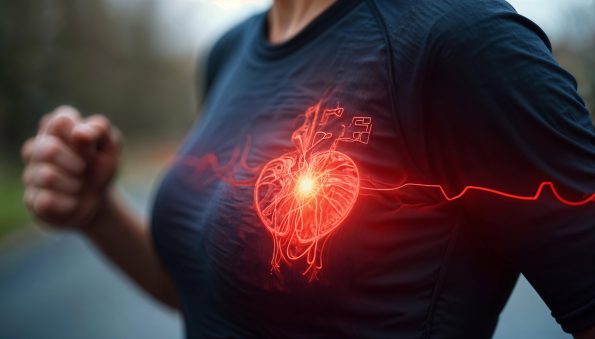
Beyond bone health, vitamin K2 is equally important for cardiovascular health.
- Prevents calcium buildup in arteries → by activating matrix GLA protein (MGP), vitamin K2 helps prevent arterial calcification.
- Supports circulation → flexible arteries mean better blood flow and less strain on the heart.
- Works with heart-protective nutrients → when paired with omega-3 fatty acids and antioxidants, vitamin K2 supports long-term cardiovascular well-being.
This makes vitamin K2 a unique nutrient that supports both bones and heart health at the same time.
The Vitamin Duo for Bone & Heart Health
VitaHealth Vitamins K2 + D3 uses bioactive form of vitamin k2, Menaquinone-7 (MK-7) and vitamin D3 which are easier to be absorbed and utilised by the body.
- Maintains strong bones & teeth
- Supports healthy heart
- Convenient once-daily dosage for everyday protection
Learn more about VitaHealth Vitamins K2 + D3.
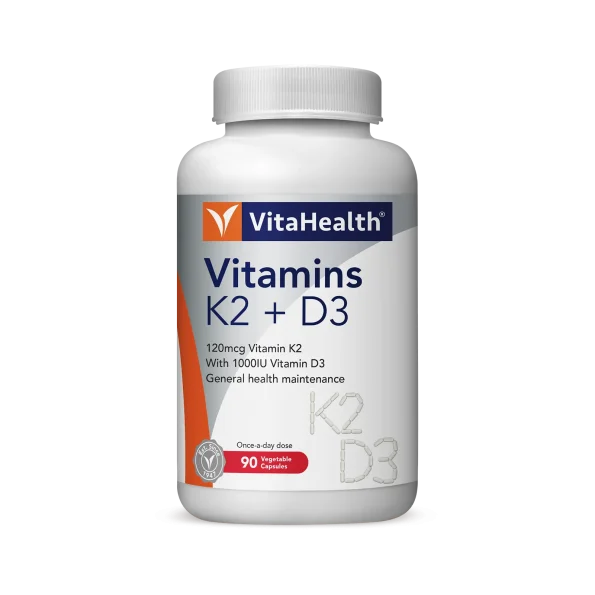
Frequently Asked Questions (FAQ)
Not exactly. Vitamin D helps the body absorb calcium, while vitamin K2 directs calcium into bones and away from arteries. Both work together with calcium to support strong bones and overall health.
Yes. Research shows that vitamin K2 helps reduce bone loss and improve bone density, making it an important nutrient for preventing osteoporosis, especially in older adults and post-menopausal women.
Good sources of vitamin K2 include natto (fermented soybeans), cheese, egg yolks, and organ meats. However, these foods are not always part of a typical Singapore diet, so supplementation can help ensure adequate intake.
Yes. Calcium builds bones, vitamin D improves calcium absorption, and vitamin K2 directs calcium to the right places. Taking them together ensures maximum benefit for both bone and heart health.
Adults over 40 concerned about bone strength, Post-menopausal women at risk of osteoporosis, People taking calcium and vitamin D supplements, Those with a family history of cardiovascular disease.
Results vary, but consistent intake of vitamin K2 supplements may support bone and cardiovascular health within 2–3 months, especially when combined with a healthy diet and lifestyle.
Yes, vitamin K2 is generally safe for daily use at recommended doses. If you are taking blood-thinning medication (like warfarin), consult your doctor before starting a vitamin K2 supplement.




